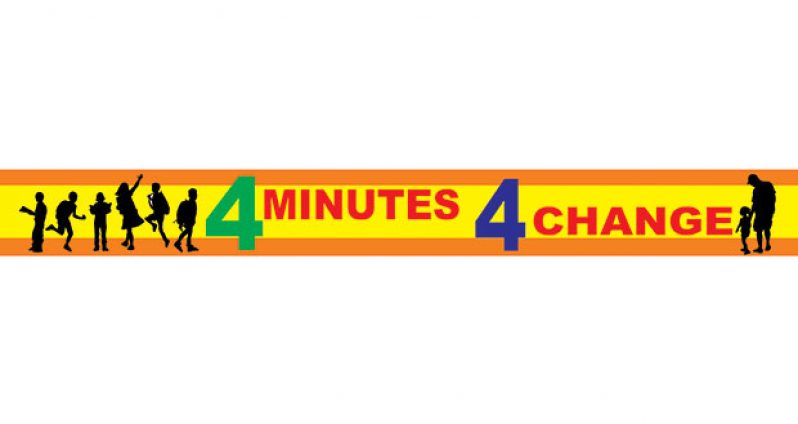A Mother of six sat in a group session where the discussion was based on children in care. She said, “I was glad when the Childcare and Protection Agency (CPA) removed two of my children.” Other members of the group looked at each other and then at her, doubtful that she was making sense. One woman enquired “You were glad?” “Yes,” she replied, “I needed the support.”Most children are taken into care on a temporary basis with the aim of re-integrating them with their families. But re-integration happens only when parents are able to sort themselves out so their children are no longer in a vulnerable situation, and when they understand the law in relation to child abuse. The Ministry of Social Protection has various programmes available to support families that need help, but first parents have to recognise that they need assistance. They then need to cooperate and work with child protection officers to create a suitable environment for their children.
The two children mentioned above, never went back to their biological mother. After one year in care, they were re-integrated with family members who came forward to take legal custody of them, with their mother’s consent. The re-integration of children in care therefore, takes many different forms, but it is usually based on adults successfully “fixing” the reasons why the children were removed in the first place.
In today’s society, negligent parenting and domestic violence along with alcohol and substance abuse are high on the list of ills that causes inadequate parenting. Alcohol and substance abuse can lead to depression or mental health issues in parents which can be detrimental to the protection and development of their children.
Though many families live in poverty, poverty is not a reason for child abuse. There are plenty of poverty-stricken families who do not abuse their children. Adults need to work to earn a living and sometimes they need to socialise and go out with friends, but whatever activities adults participate in, they should not be at the expense of their children’s safety or well-being. Adequate parental supervision and care for children should always be a priority, regardless of social standing. Despite how they are treated by their parents, most children want to be at home with their families. They need that special bond that only families can give. But the bond should include security, love, nurturing and discipline: all CPA officers work diligently with this union in mind. Before children can be returned to their families, the family circumstances are evaluated and a report is submitted and assessed. A meeting is held firstly among CPA officers, then the parents and the children involved.
Therefore, the length of time children stay in care (away from their families) depends on how soon their parents can “fix” their problems (e.g. put appropriate measures in place and/or benefit from attending on-going counselling sessions or workshops on child rights and parental responsibilities).
The re-integration of children with their families who will care for them in the right way is one of the most rewarding aspects of child-protection work: but it is never taken for granted that after re-integration, children will live happily ever after. While CPA officers will do their part, assistance from people like you can make a big difference. You are the eyes and ears of the CPA and your vigilance and awareness of child-protection issues can help to prevent child abuse. Never be afraid to report child abuse or even suspected child abuse, when necessary.
What is Re-integration?
SHARE THIS ARTICLE :
Facebook
Twitter
WhatsApp




.png)









